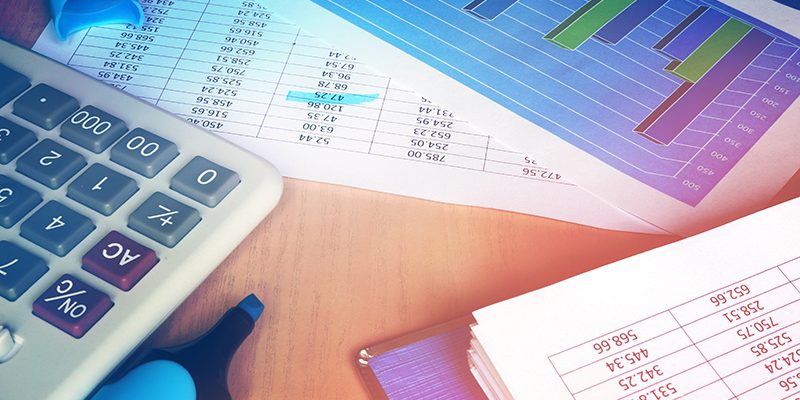Are unpaid invoices tax deductible?
When it comes to tax time, it’s always beneficial to do what is permissible to reduce your taxable income, and one of the ways you can minimise the taxable income for your small business is to write off bad debts before the end of the financial year. After all, it doesn’t make a lot of sense to pay tax on income you expected to receive but unfortunately never did.
While you may hold out hope that you can eventually recoup all the funds owed to your business, most businesses at some stage will find themselves in a position where the reality is that they will have to write off an amount of bad debt.
You will only need to consider writing off bad debt if you are reporting business income on an accrual basis (that is, recognising income in your accounting system at the time it is invoiced). It’s not possible to write off bad debts if you are reporting income on a cash basis (that is, recognising income in your accounting system only when funds are banked into your business account). If you are reporting income this way, it’s not necessary for adjustments to be made because the unpaid invoice has not been recorded as business income.
When writing off bad debt, you will also be able to claim a GST refund on any GST that your business has paid in relation to the bad debt.
So you’ve generated an invoice for goods and services you provided but that invoice remains unpaid after a length of time. You’ve taken some action to recover the debt, but you suspect it’s unlikely to be recovered and that further recovery action is futile. Is the debt now genuinely “bad” or is it still just doubtful at this stage? When can a debt be officially regarded as a bad debt?
If you are owed a debt for one of the following reasons, it can be considered a bad debt:
- there is indisputably a debt, as you have raised an invoice that remains outstanding. You have taken reasonable steps to recover the debt and there is no likelihood of it being recovered so further recovery action is not justified;
- your debtor is now deceased and yet their estate does not have sufficient assets to pay your debt off;
- your debtor has disappeared and they and/or their assets can’t be tracked down;
- your debtor has declared bankruptcy or been made bankrupt or a firm placed in liquidation and there are not enough funds to pay your debt.
The scenarios in which you can write off a bad debt are listed in sections 25-35 of the Income Tax Assessment Act.
In a particular income year, you can deduct a debt or part of it as “bad” if you included it as assessable income for that income year or for a previous one, and if it’s in relation to funds you lent in conducting the ordinary course of your business. Note that if there has been a change in ownership or control of your business, or if the same business has not been carried on, it’s not permissible to deduct the bad debt.
When writing off a bad debt, it’s necessary to adjust your accounting system by transferring the amount from “Accounts Receivables” into your Profit and Loss Statement as a “Bad Debt”.
If by any chance the bad debt is actually repaid to your business at a time after you have written it off, it will need to be included as income in the year that the funds were recouped.
While writing off a bad debt means reducing your taxable income, it also means you won’t be receiving that money in your bottom line profit. As such, it’s important to ensure you have made every reasonable attempt to recover the debt before deciding to write it off. It is worth discussing your options with a professional debt collection agency as they can advise you on the likelihood of recovering a doubtful debt.
Need advice on whether to write off a debt or whether you should have professionals attempt to pursue the debtor first? Please call 1800 729 231 to speak to one of our collection experts or simply fill out our form for an obligation free appraisal today.

